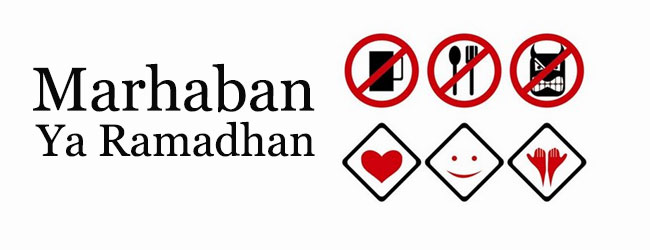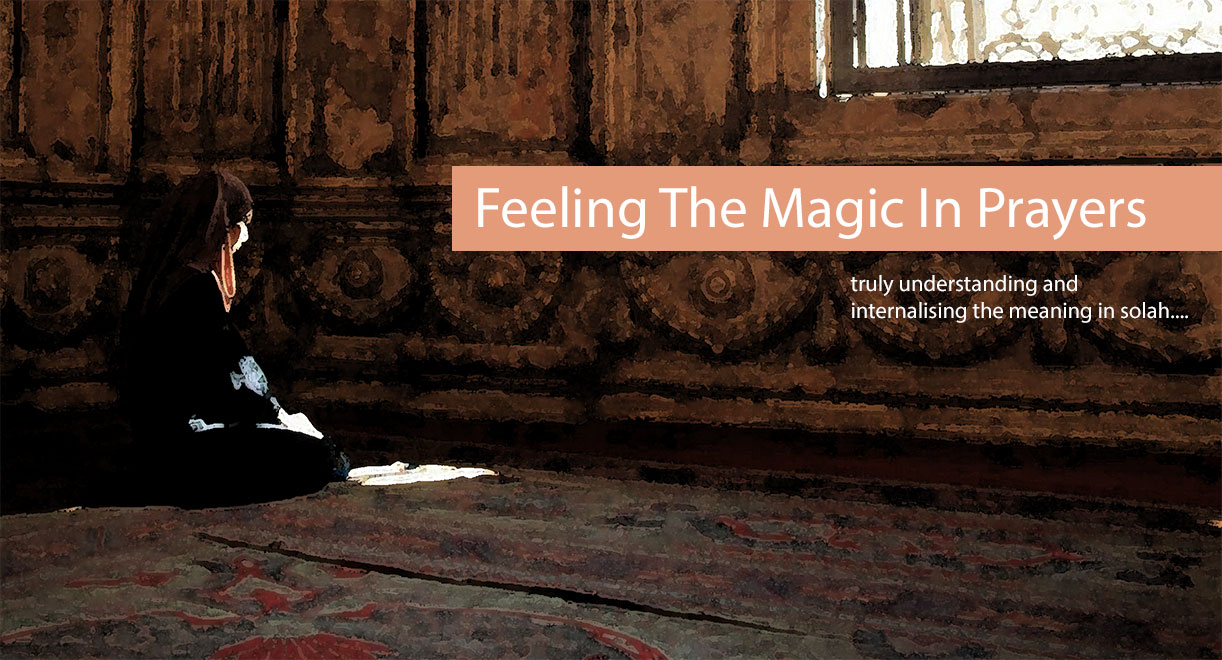The act of fasting, practiced by Muslims worldwide is in essence a practice that is neither unique nor exclusive to the faith of Islam. The Quran confirmed the practice of fasting in other traditions. In ordaining the Muslims to observe fast in verse 183 of the second chapter of the Quran, God had described that indeed this act of fasting had been practiced by the people of the other traditions. Muslims believe that fasting had been prescribed to the followers of the previous Prophets, including the people of Moses, Jesus, Noah and others.
The salient message that can be derived here is that fasting is indeed a shared tradition and a manifestation of the universal experience in the history of human civilization. It is a practice we Muslims share with all spiritualities and religions, it symbolizes the unity of human fraternity and our common humanity. It is indeed a universal experience, as not only Muslims fast, but we share this experience of abstaining ourselves from something that are dear to ourselves, something that we regularly are attached to. And in performing this act of fasting, we will refrain ourselves from those things for a definitive period. While it may seem hard to achieve, with the high spirit of endurance and perseverance, together with tough discipline, we will able to perform this act successfully.
For the Muslims, fasting technically refers to abstention from eating, drinking and all other acts that may nullify the fast, from dawn to dusk. While physically Muslims are expected to abstain from these acts, fasting is however more than just the physical abstention. Among others, a fasting person is expected to refrain from saying the bad things, verbal expressions that may hurt other people, for instance backbiting, spreading lies and other negative expression. A fasting person is also expected to keep calm and refrain from being angry. It is a test of patience. Fasting requires Muslims to examine oneself, to recognize our limits with humility and to change ourselves for the better.
In achieving better quality of fasting, a Muslim should not just take care of his own well-beings, but must also not harm others around him. A Muslim must be a considerate individual by being responsible to the environment that he or she is living in. A Muslim is ought to provide support to others in advancing opportunity and spread prosperity for the community-at-large.
The month of Ramadan, the month where Muslims fast during the day, and increase prayer during the night, is in essence a month that call for Muslims to rethink their day-to-day conduct. A month of discipline, a month that serve as an annual training period to reinforce good behaviors and exemplary conduct. It is also a month that we Muslims identified as the month of mercy and forgiveness. A month where good deeds will be multiplied in its reward. A month that provides splendid opportunities for spiritual enhancement. A month of deep devotion and reflection.
The act of fasting also comprises of the social dimension, beside improving and benefiting oneself inwardly. Fasting should lead one to improve relation with others. Fasting will ideally inculcate communal values like cohesiveness, compassion, empathy, generosity and forgiveness.
It is in the fasting month of Ramadan where meals are shared, family, friends and neighbors gather for iftar together (break fast). It is an opportune moment to forge new relationships and friendships, and to strengthen existing ones. We are blessed to have the opportunity to gather to break fast. This will undoubtedly reinforce our harmonious communal relationships.
The Islamic tradition emphasize that a good Muslim is indeed a good neighbor. Muslims are thus commanded to maintain good neighborly relationship. The more affluent among us are expected to share food with our neighbors, and it is during the month of Ramadan, this practice is being reinforced. To be aware of our neighbors’ well-beings and welfare is a commendable act. This is in fact our enduring endeavor as Muslims in following the footsteps of Prophet Muhammad (peace be upon him), whom we regard as the paragon of virtues and morality. In one of the sayings of Prophet Muhammad (peace be upon him), he mentioned that “those who believe in God and in the hereafter, should show hospitality to their neighbours” (Reported in Sahih Bukhari and Sahih Muslim).
In the month of Ramadan especially, where rewards for good deeds are multiplied, Muslims are encouraged to make charitable contributions to the less fortunate and the needy. This month of Ramadan, Muslims strive to seize the opportunity to radiate compassion to humanity. As a pro-active member of the society, we are thus reminded in this month not to forsake the plight of the less fortunate and the needy. We are told to show care and concern, to share and to empathize.
The act of fasting in itself gave a slight taste of the poor and the needy, whom may have lead their daily life without much food and having to starve on regular basis. It creates a sense of empathy for a fasting person towards the plight of the less fortunate. Ideally, this will extol their hearts to be more generous in lending assistance to the needy and be more concern on the well-being of others. It also reminded the fasting person to refrain from over-consumption which may not be only be detrimental to their individual health but also may be harmful to the environment. Wastage is deplored as an iniquity act that should be avoided.
Finally, this blessed month of Ramadan is also a month where we forgive one another and close ranks that may have existed for the past year. It is also a month where we Muslims seek forgiveness from Almighty God on all the wrong doings and humbling ourselves before Him as His servant, in our service to humanity. It is a month of renewal, a month of transformation, a month of resolution. Ramadan is indeed a celebration of faith.









